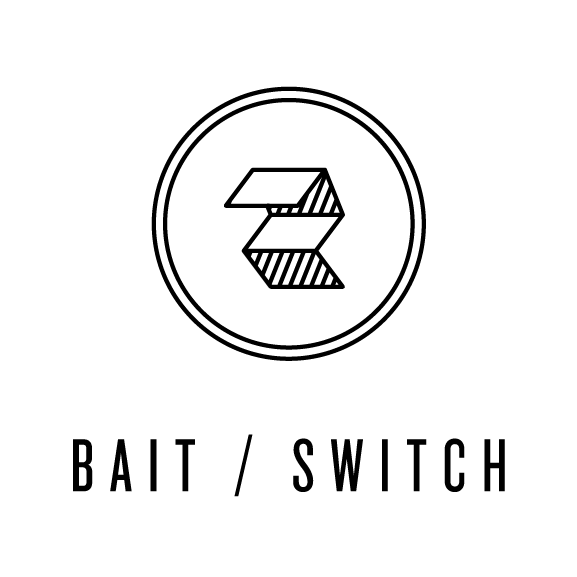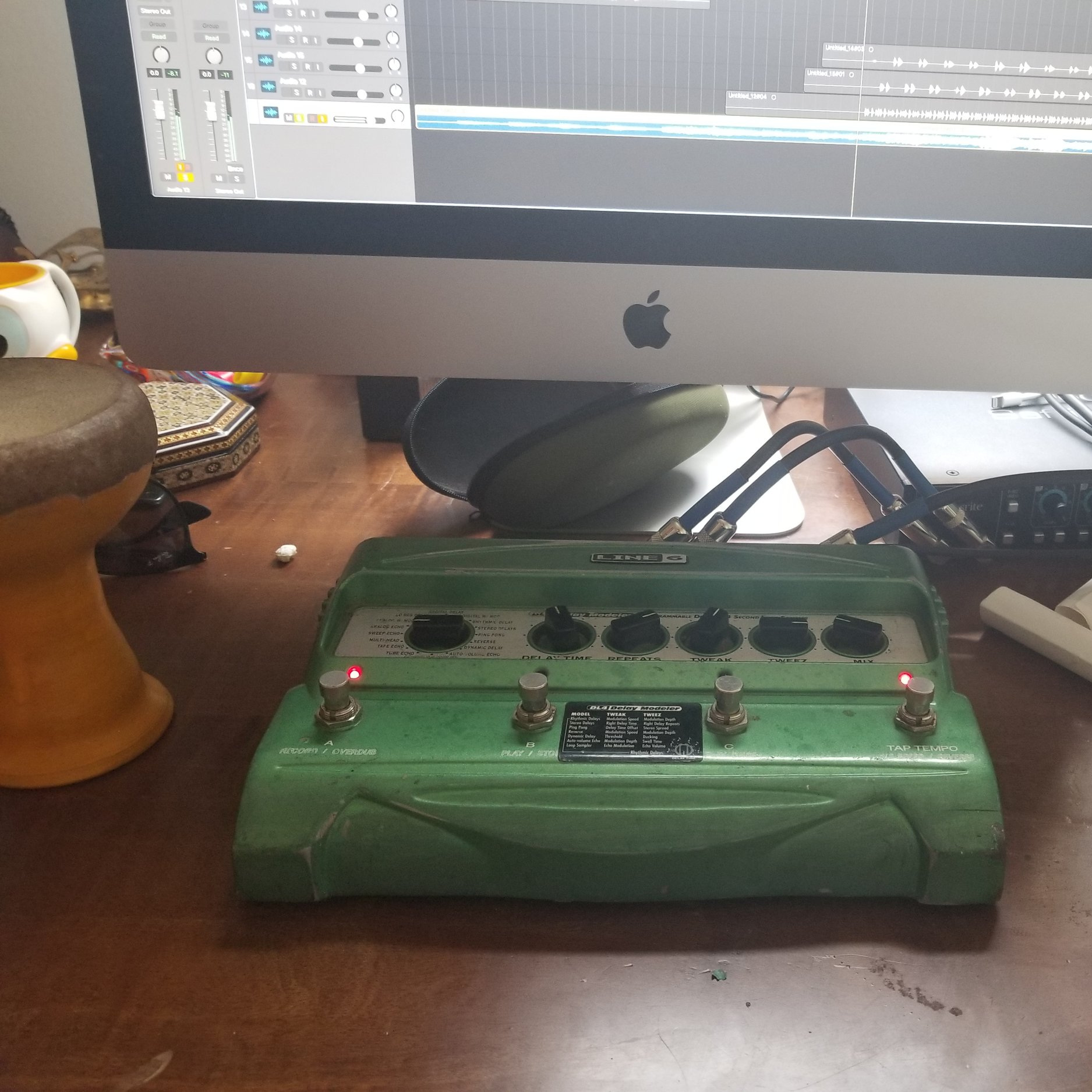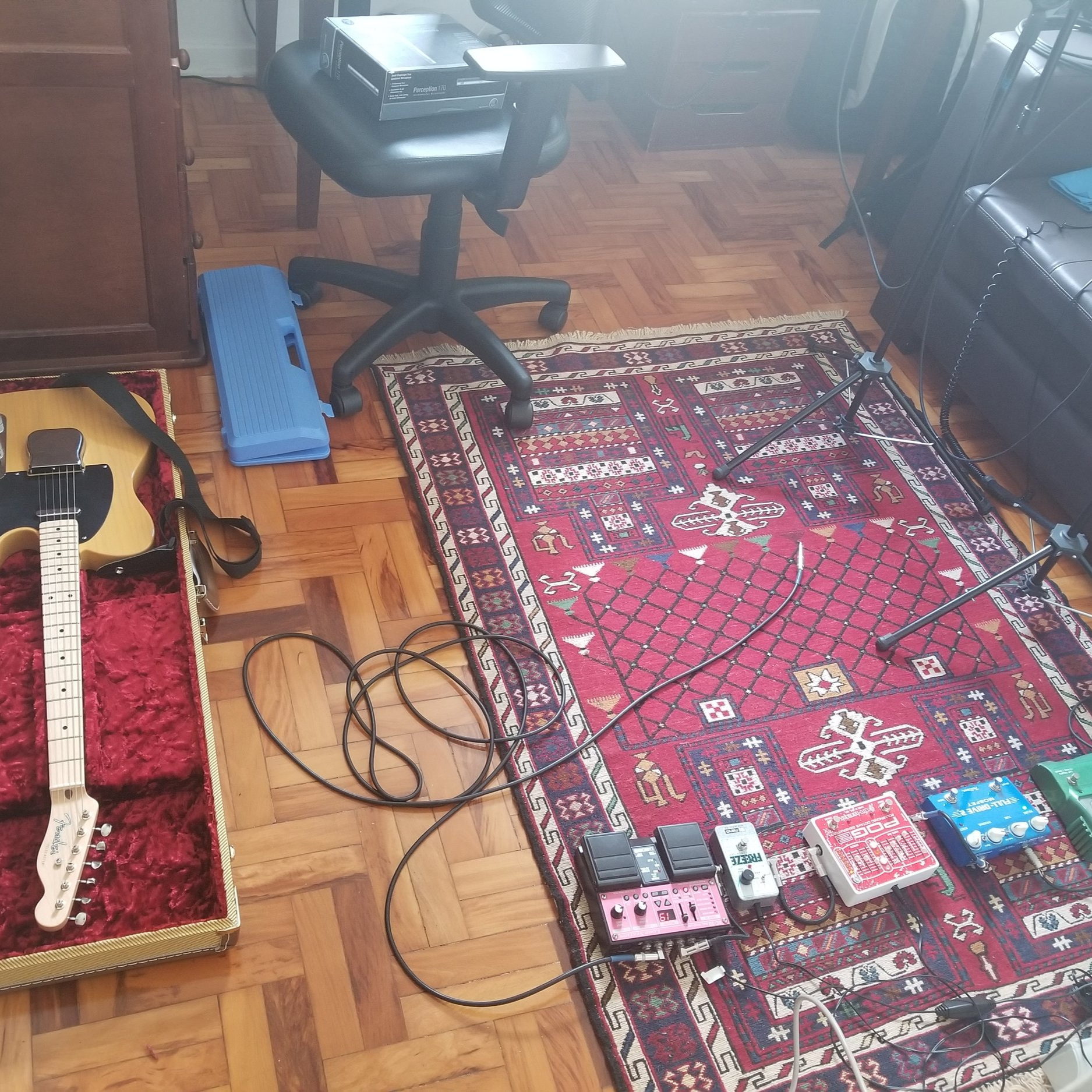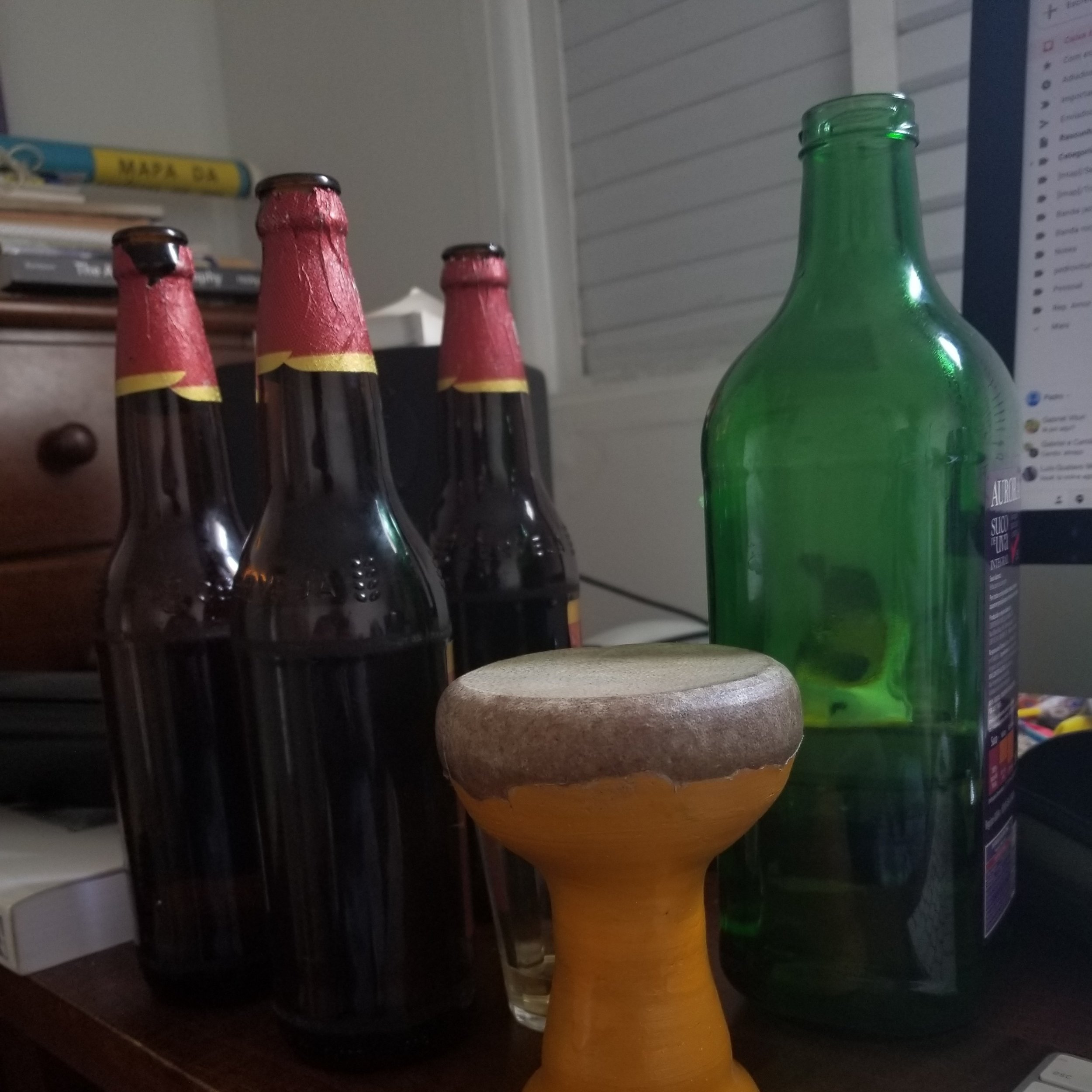Morning Blur
Pedro Vituri
“I could tell someone about this, but I wouldn’t really know how to explain it.”
Interview by L. Valena
Can you describe to me what you responded to?
My prompt was a picture of a person in front of a window. It's somewhat blurry, the window is a little overexposed. It's a lot more of a mood and less a picture of a subject. It kind of abstracts the subject in a way, because the really strong light coming through the window it's a little diffused but at the same time very intense. It feels somewhat like a digital painting than a picture in some ways.
What was your first reaction?
I thought it was cool- very interesting. I thought in some ways it was going to be a challenge to respond to that. But I thought it was very beautiful. There is something so intimate and particular- like I was eavesdropping on a moment by looking at that picture. It looked so at home, like a moment in the life of someone. Waking up in the morning and taking a private picture in a room. That was the feeling that got to me right away, and it gave me a serious sense of responsibility to respond to it.
When I first started working on it, I was afraid of going to far from it, but I was also afraid that I was typify it in some way, and that's the hard thing about responding to a picture like that for me. For moving image, 'mood' is a real buzzword. You work on it- you get scripts, and everything is so archetypal. In the ad business for example. When you write music for an ad, everything exists in a world of preconceived aesthetics.
So you choose from this palette of ‘funny’ and ‘sad’- is that what you mean?
Exactly, which would have turned this into a cliche instead of actually looking at this piece as an art piece that someone made. It's particular, and interesting, and much more complex than one buzzword I could describe this with.
What happened next?
I looked at it a lot- I would look at it, walk away, and then come back to it. After awhile I opened it up, turned on my guitar, put a whole bunch of pedals out, and started improvising. I played a lot, and recorded all of it, and after a time I got to something. I said I think this is it. And I played it more, and looked at the picture, and played it more. It was a big chord, a sustained chord, with another guitar line on top of it. I thought that was really some kind of mood that really dialoged with the piece. It had some brightness to it, that strong brightness, but it also captured that intimate mood. I thought there was something there. From then I played around to see what else I could do on top of it. What else is going to add to this? I didn't want it to be too dense. I think there are so few elements in the photo, that I didn't want to start adding too much window dressing.
In some ways, as I went along, that changed. At the beginning of the process, if I could have taken a time machine and listened to the piece, I would have said that there was too much in it. But, on the other hand, the way that I arranged the piece made sense, and in the end I kind of needed that journey. The elements that I added were not just gratuitous window dressing.
When you listen to it now, what do you think it conveys in its own right?
I think it conveys a sort of meditation. I think for me, it's about waking up late on a Sunday morning, and having some mild existential crisis that feels a little lonely and feels a little peculiar. I could tell someone about this, but I wouldn't really know how to explain it. People would probably know what I mean. It's very meditative. The brightness that comes from it seems very real and very intimate. The idea of the Sunday morning thing is something that for me is so vivid in my head, but I'm having trouble conveying it right now.
Because you've experienced it yourself?
Yeah, exactly. And I think that's a little bit the point of the piece. In some ways, that's something that I've tried to convey somewhat deliberately.
You mean the idea that this is a moment that you could maybe tell someone about, but you can't really explain it?
Yeah, exactly.
That's such a common part of everyday life, isn't it? You go through your day, and you realize that you can never really explain something weird that just happened in your brain.
Yeah, I do feel that a lot. That's not novelty right?
No way, that's me everyday.
And I think as an artist that's something to draw from, rather than trying to escape from.
I agree. I think that art solves it, in a way. These things that we can't express with 'normal' language we can explain with these other languages we have access to. We're really very lucky to have them. But, I guess that's why they exist.
I guess it is- it's just sublimation! It's just putting it out there in whatever way we can.
Is there anything else you want to say about this?
The process of doing art like this is something that really fascinates me. I had a teacher in college who is a big advocate of restriction for the development of the creative process. He always said that a great way to learn to write music is to really restrict yourself. Pick a type of chord, pick a minor chord, pick one instrument- whatever. Restrict yourself. And I think that's something in a way that this does. In a very real world kind of way. Because it is some sort of restriction, because I have a prompt that I have to follow. But at the same time it is so open and creative that it exists within my real artistic work rather than work that I do for the production company I work for. I think it's really fascinating, because I let myself do things that I wouldn't do otherwise. First of all, I'm not a singer, I don't sing. You can listen to all of my music, and the only other place you can hear me sing is in the other piece I made for Bait/Switch.
Really? This is the only place you've sung in public?!
Yeah. I don't sing. But I think I let myself do that, because it's so open, and fun and experimental. I just caught myself grabbing bottles from the trash, and making bottle sounds. Then I wanted to sing.
You were using bottles?
Yeah, I blew through bottles. I think I let myself do a lot of things. The bottle thing is something I've always really wanted to use in a musical context, but I never get the chance, because it's a little out there. It's a little unpolished in a way. I can't quite sell work to someone who expects some really pristine little piece of work, and use bottles.
It's so avante-garde.
I like it, I like letting myself do that in a project like this. Because it's fun, it's interesting, and because I want to participate in a way that I get to rediscover myself as a producer and musician.
Call Number: Y16VA | Y20MU.viMo
Pedro Vituri is a composer, producer and instrumentalist based in São Paulo, Brazil. He produces music for visual media, composes and plays guitar in his own projects and is influenced by a wide range of stimuli, from street noise to contemporary art exhibits. Vituri is an associate producer at www.capitaofoca.com and you can find more of his work on www.pedroviturimusic.com





